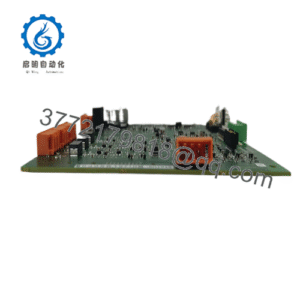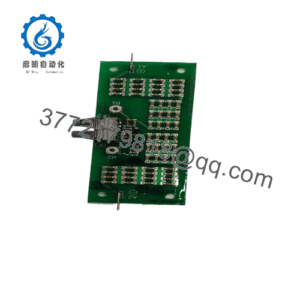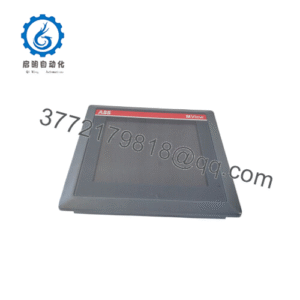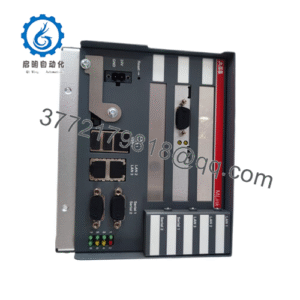Description
What This Product Solves
The ABB DCF1061134R0001 YPP110A is a digital processor module designed for precise control of magnetic excitation currents in industrial automation systems. It addresses the need for fine-tuned excitation control to maintain optimal motor and generator performance, ensuring stability, efficiency, and protection of electrical equipment. The module’s high precision helps engineers achieve accurate excitation regulation critical in power generation, motor control, and heavy industrial applications.
This product is essential for maintaining consistent excitation currents under varying load and operational conditions, significantly enhancing process reliability and extending equipment life. Keywords like “industrial automation,” “excitation control,” “high precision,” and “stable regulation” highlight its core functionality.
How the Product Works & Fits into a System
The ABB DCF1061134R0001 YPP110A features a high-performance digital signal processor that measures excitation current and adjusts output signals in real-time. It supports feedback loops, fault detection, and protective functions like overcurrent and voltage monitoring, ensuring safe and stable operation.
Typically installed within control cabinets, the module interfaces with other ABB automation components, integrating into systems such as excitation controllers for synchronous machines. Its compact size (about 62 mm x 135 mm x 28 mm) and IP20 protection make it suitable for indoor industrial environments where precise digital control is needed.
Technical Highlights Summary (Table)
| Specification | Details |
|---|---|
| Model Number | DCF1061134R0001 / YPP110A |
| Brand | ABB |
| Type | Digital Processor Module |
| Function | Excitation current control |
| Measurement Accuracy | ±0.05% |
| Dimensions | 62 mm × 135 mm × 28 mm |
| Weight | Approx. 85 g |
| Protection Class | IP20 |
Real-World Benefits
The ABB YPP110A module provides exceptional accuracy in regulating excitation currents, which is critical for optimizing the performance and safety of synchronous motors and generators. Its advanced processing capabilities enable rapid response to load changes, maintaining system stability and reducing mechanical and electrical stress on equipment.
The module also integrates diagnostics and fault management features, facilitating easier maintenance and preventing unexpected failures. Its small form factor and ease of integration assist in streamlining panel design and reducing installation complexity.
Typical Use Cases
The YPP110A is widely used in power plants, industrial motor control systems, renewable energy generation, and other heavy industry applications requiring reliable and precise excitation control to improve power quality and operational efficiency.
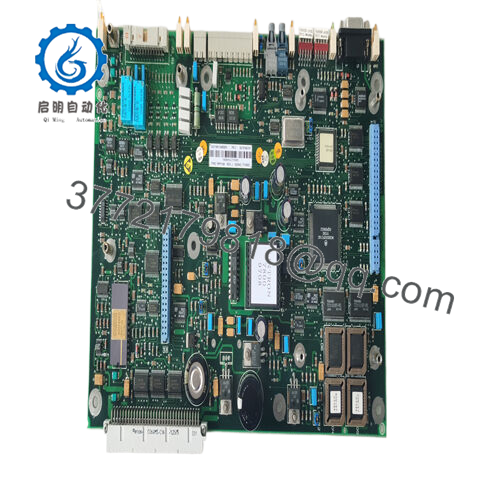
DCF1061134R0001
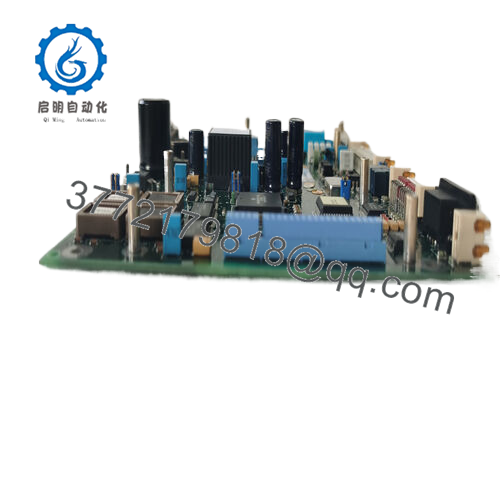
DCF1061134R0001
Compatible or Alternative Products
DCF1061134R0001 YPP110A – ABB digital excitation current control module.
PPD539A102 3BHE039770R0102 – Excitation control processor.
GFD563A101 3BHE046836R0101 – Industrial control and communication module.
07KT98C GJR5253100R028 – Programmable automation controller.
3BHE006412R0101 UFC762AE101 – Industrial control module for excitation.
Setup Notes & Maintenance Insights
Installation should ensure secure mounting within control panels with proper power connection and interface wiring. Configuration must align with system excitation control architecture for accurate setpoints and feedback processing.
Maintenance involves periodic calibration, firmware updates, and monitoring of diagnostic outputs to detect irregularities early, minimizing risk of control failure and ensuring continuous operational efficiency.

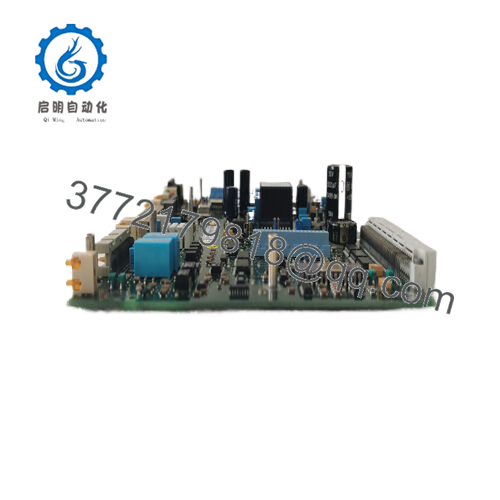
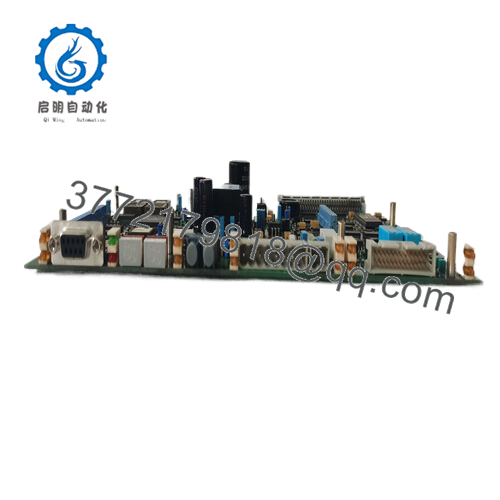
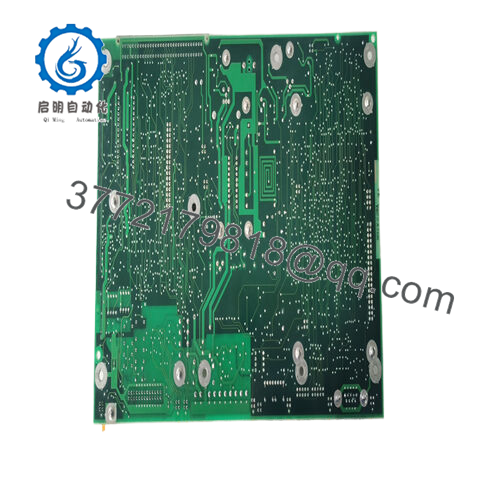
 WhatsApp: +86 16626708626
WhatsApp: +86 16626708626 Email:
Email:  Phone: +86 16626708626
Phone: +86 16626708626